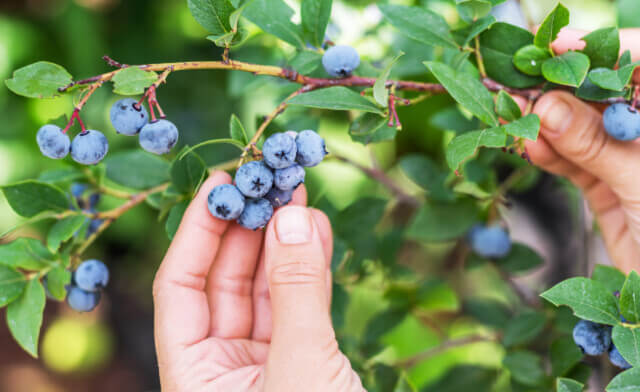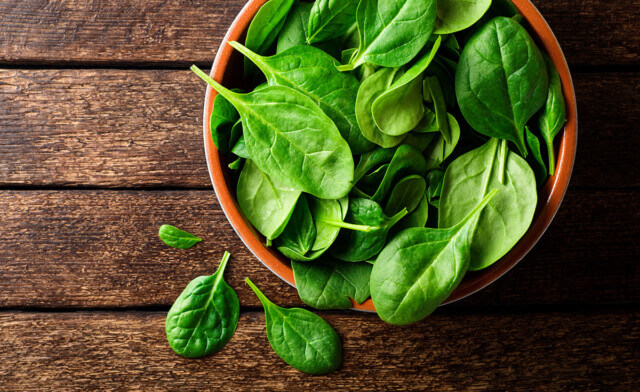What Small Breed Dog Food Should You Choose?
Are you the new pet parent of a small breed dog? If so, you may be wondering what type of food to feed them. Because of their size and unique dietary needs, small breed dogs have different nutritional requirements than large breed dogs. This means it’s vital to feed them a small breed dog food that will provide them with all the nutrients they need.
But how can you choose which small breed dog food to add to your shopping list? That’s where this article comes in. Keep on reading to learn the must-knows when it comes to picking the best food for your small breed pup.
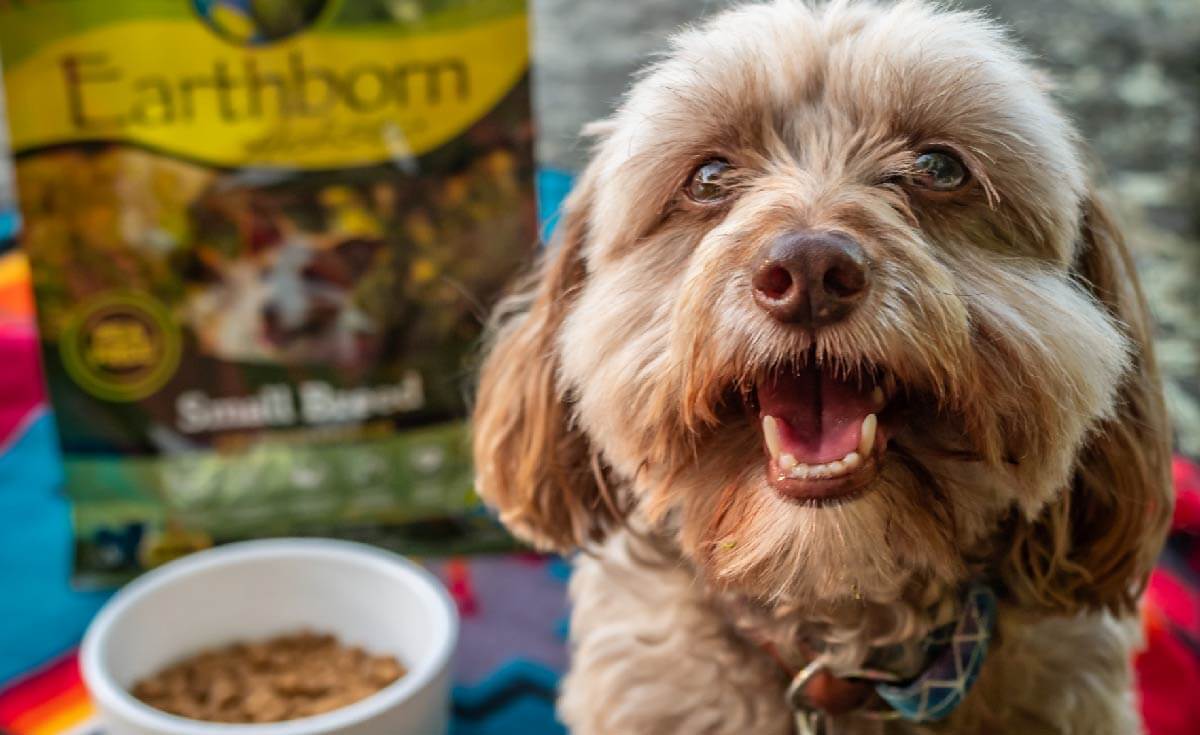
Why Your Small Dog Needs Specific Food
So, why exactly do small dogs need specific food? The answer comes down to their metabolism. Small breed dogs have a faster metabolism than large breed dogs, so they need more calories per pound of body weight in order to properly fuel their bodies.
Small breed dog food is specially formulated to meet the needs of small dog breeds. Healthy small dog food has more calories and higher levels of fat per serving than large breed food in order to give your pup the energy they need. Small dog dry food also contains smaller kibble to make it easier for small dogs to eat and digest.
Kibble for Small Breeds
Kibble is a popular choice among pet parents as it’s affordable, convenient, and easy for your dog to enjoy. When it comes to small dog kibble, there are a few factors you should look out for.
First, look for dry food like Unrefined Roasted Lamb dog food that’s designed for small breeds and contains the right amount of calories and nutrients they need. The best dry food for small dogs should also be made from healthy, whole ingredients with no artificial colors, flavors, or preservatives. Additionally, small dog kibble should be small enough for your pup to chew and digest easily.
Wet Food for Small Breeds
Wet dog food is also an excellent option for small dogs and can be easily incorporated into their diet. It’s highly palatable, easy to digest, and a great way to add variety and hydration to their meals.
If you have a puppy, wet puppy food is a great choice. It contains the necessary nutrition they need while they’re growing, and it’s easy for them to chew and digest.
When it comes to choosing the best wet food for small dogs, look for formulas made with high-quality ingredients that are nutritionally complete and balanced. As with kibble, make sure the food is specifically designed for small breed dogs and contains no low-quality fillers or artificial additives.
Meat for Small Breeds
Dogs thrive on a diet packed with high-quality animal proteins. So, when choosing the best small breed dog food, look for recipes that contain real meat or fish as the main ingredient.
When it comes to deciding the best meat to give your dog, it really depends on their individual preferences and dietary needs. For example, you’ll want to choose a dog food without chicken if your dog is allergic to poultry.
If your dog has no dietary restrictions, any high-quality meat should be suitable for them. Many experts recommend alternating the type of protein you feed your dog so they can get the full range of amino acids and other essential nutrients.
Fruit for Small Breeds
In addition to high-quality proteins, you can also incorporate healthy fruits into your small dog’s diet. Just make sure to choose safe, pet-friendly fruits that are good for dogs. And always avoid feeding fruits like grapes and raisins, which are toxic to dogs.
Fruits like apples, blueberries, watermelon, banana slices (without the peel), and strawberries are all safe for your small dog to enjoy. If you’re not sure what fruits to give your pup, ask your vet or consult a fruit for dogs chart.
Veggies for Small Breeds
Just like fruits, pet-safe vegetables can also be a healthy addition to your small dog’s diet. Veggies like carrots, green beans, celery, and sweet potatoes can all make for a yummy and nutritious snack. But never give your pup onions, garlic, or leeks, as these are toxic to dogs.
Healthy dog food brands for small dogs formulate their recipes with fruits and vegetables that are good for dogs. This means you can give your pup a balanced diet without worrying about their safety.
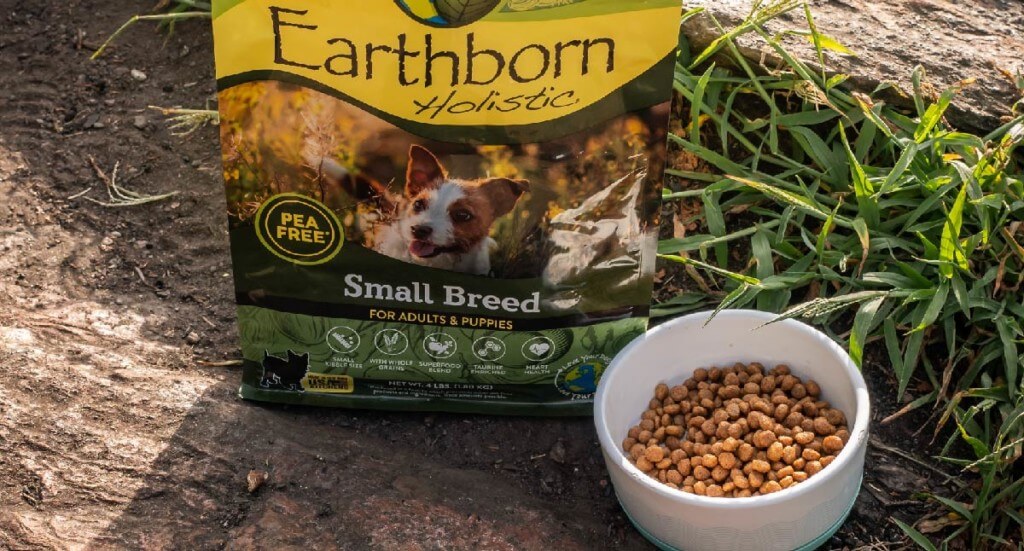
Ask Friends for Recommendations
When choosing the healthiest dog food for small dogs, don’t forget to ask your friends and family for their suggestions too. Word-of-mouth recommendations can give you valuable insight into the best dog food brands for small dogs and help you choose a quality food.
Good Food for Small Breed Weight Loss
If your small breed dog is carrying a few extra pounds, you may want to consider choosing a weight loss dog food for small breeds. Diet food for small dogs is specially formulated to provide a balanced diet without being too high in calories. This can help your pup reach and maintain a healthy weight.
Good weight management dog food for small breeds will contain high-quality proteins, complex carbohydrates, and other essential vitamins and minerals. Look for recipes made with natural ingredients that are low in fat and provide plenty of fiber to promote fullness. And always check with your vet to make sure the small dog diet food you choose is suitable for your dog’s age and activity level.
Good Food for Small Breed Weight Gain
If your small dog is underweight, there are also special dog foods designed to help them gain weight in a healthy way. The best weight gain dog food for small breeds will be higher in calories and contain more fats and proteins than regular kibble. This healthy pet food provides extra energy and nutrients without overloading your dog’s system with unhealthy fillers or additives.
Whole grain dog food can be an excellent choice for small dogs that need to gain weight. Look for recipes made with brown rice, oats, and barley as these are healthy, nutrient-dense grains that provide essential vitamins and minerals.
High-Protein Options for Small Breeds
In some cases, small breeds may need to increase their protein intake. This is especially true for puppies, as they typically require a more nutrient-dense diet than adult dogs.
If your dog or puppy needs a high protein diet, you’ll want to choose a high-quality protein-rich dog food. Just make sure to check with your vet to determine the best protein levels for your pup’s age, activity levels, and health needs. They can help you choose the best food for small dogs with high protein requirements.
Food for Your Picky Dog
If your small breed dog is a picky eater, it can sometimes be difficult to find a tasty dog food they’ll actually eat. But fortunately, dog food for picky eaters does exist and can make mealtimes a whole lot easier.
Look for foods made with natural ingredients and high-quality proteins that can help keep your pup satisfied. You should also consider adding wet food or canned food to your dog’s dry food diet, as this can make meals more interesting and enticing for picky eaters.
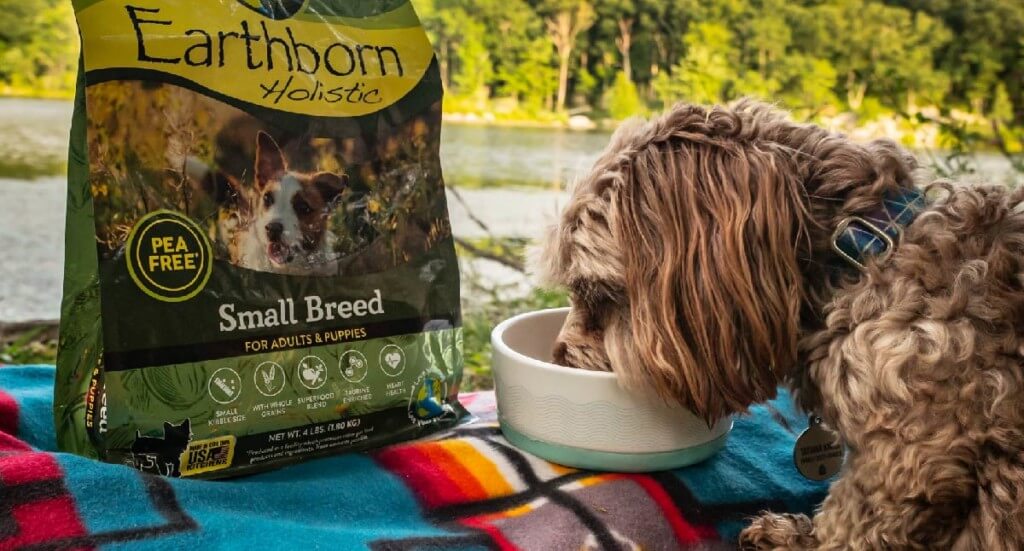
How to Make the Food Taste Good
If you want your pup to eat and enjoy their meals, delicious dog food is a must. And thankfully, there are a few simple tricks you can use to create the best tasting dog food for small dogs.
Adding canned tuna or salmon is an easy way to add flavor and nutrition to your pup’s meals without adding too many calories. You can also try mixing in some plain yogurt for probiotics and extra flavor, as well as low-sodium chicken or beef broth to make small dog breed food more palatable.
Grain-Free Foods For Small Dogs
Grain-free small breed dog food is a good choice for small dogs that may have allergies or sensitivities to grains. Grain-free recipes are typically made with potatoes and other alternative sources of carbohydrates.
The best grain free dog food for small breeds will contain natural ingredients and minimal fillers. These foods should also include plenty of essential vitamins, minerals, and fatty acids to ensure your dog’s nutritional needs are met.
Limited Ingredient Food for Small Breeds
If your dog suffers from food allergies or intolerances, limited ingredient dog food can also be a good option. Limited ingredient dog foods contain fewer ingredients than traditional formulas, making it easier for your dog to digest their food and reducing the risk of allergic reactions.
Look for limited dog food recipes made with single-source proteins like lamb or salmon, as well as simple carbohydrates like sweet potatoes and rice. One ingredient dog food is also available for those looking for a truly simple and limited ingredient diet.
Natural Options for Small Breeds
Natural dog food without preservatives is a great way to make sure your pup is eating the cleanest dog food possible. Natural recipes are free from artificial additives and contain only natural preservatives. This makes them a great choice for dogs with sensitive stomachs or allergies.
Look for natural dog food made with high-quality proteins, fruits, and vegetables that can provide essential vitamins and minerals. Your vet can help you choose the best dog food for small dogs that’s made with natural ingredients.
Fresh Dog Food for Your Small Breed
Finally, if you want to know exactly what’s in your dog’s food, homemade fresh food can be a great option. This type of diet can be especially beneficial for small breed dogs that may have difficulty digesting certain ingredients or preservatives found in commercial foods.
Creating meals at home with fresh, human-grade ingredients gives you complete control over what your dog eats. Just be sure to make healthy dog food by following a balanced recipe and using the right proportions of proteins, fats, carbohydrates, and other nutrients. Your veterinarian or an animal nutritionist can help you create a balanced dog diet.


